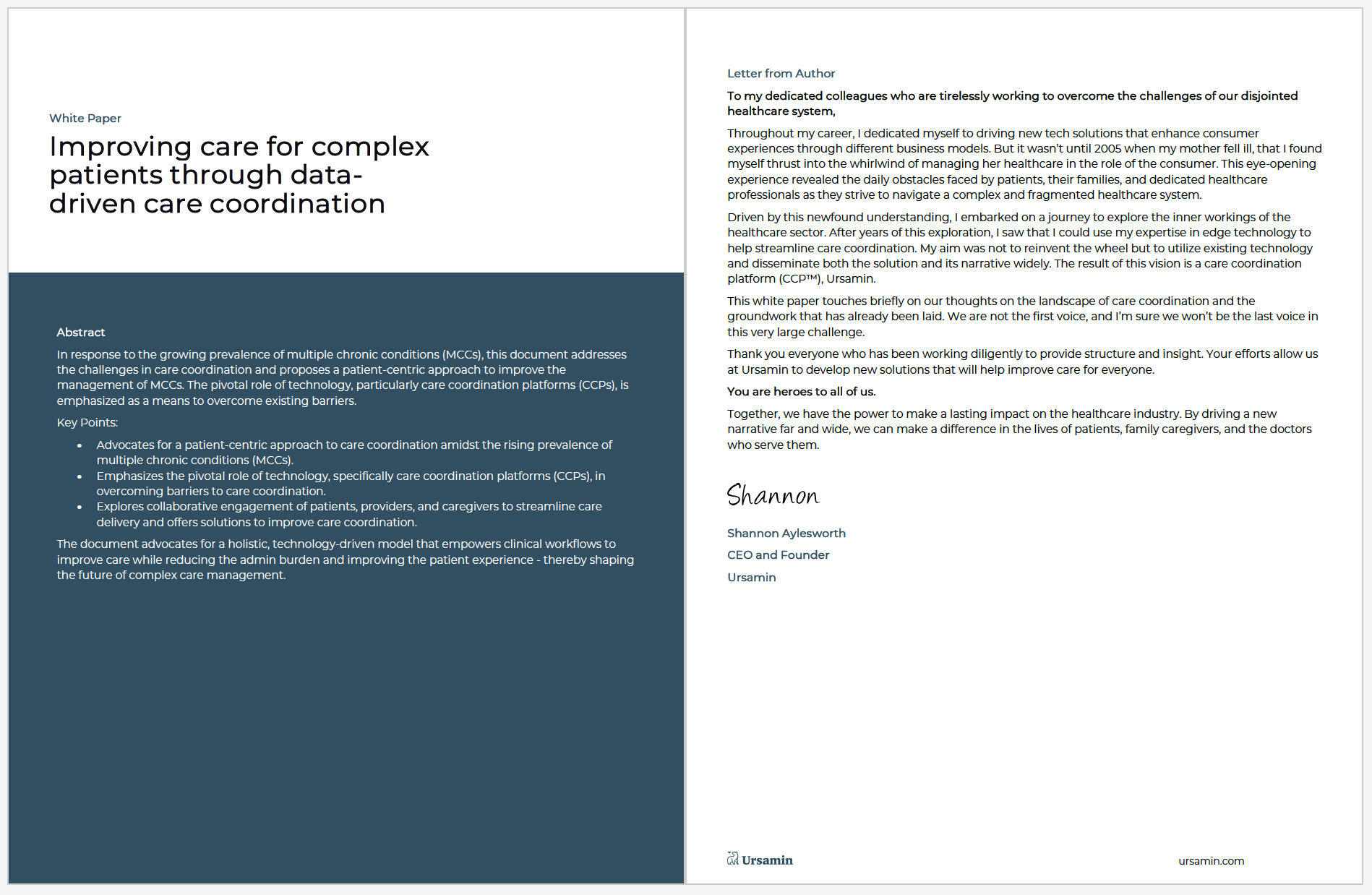Managing healthcare for both your kids and parents is a challenging responsibility.
As a caregiver, you play a crucial role in ensuring the well-being of multiple generations. Effective healthcare management is essential to navigate appointments, medications, and care for kids and parents. That’s why we want to help provide practical tips and resources to help you manage healthcare for your kids and parents effectively.
Caring for both kids and parents comes with unique challenges. For example, children may require regular check-ups, vaccinations, and treatment for common childhood illnesses. On the other hand, parents may have chronic conditions that require ongoing management and specialized care. Balancing the healthcare needs of both generations can be overwhelming, but with the right strategies and resources, it is possible to provide the best care coordination for your loved ones.
Tips for Managing Healthcare for Kids and Parents
Taking care of your own physical and mental health is crucial when managing healthcare for kids and parents. Caregiving can be demanding, and neglecting your well-being can lead to burnout and decreased ability to provide optimal care. Make self-care a priority by engaging in activities that bring you joy, practicing stress-management techniques, and seeking support from friends or support groups.
Centralize your appointments:
When it comes to appointments, it is important to prioritize and plan. Schedule appointments in advance and prioritize urgent healthcare needs. This will help you avoid last-minute scheduling conflicts and ensure that both your kids and parents receive timely care. Plan appointments strategically to avoid overlapping schedules. For example, if your child has a doctor’s appointment in the morning, schedule your parent’s appointment in the afternoon.
Keeping important documents and medical records organized:
Establish one location to store medical records, test results, and contact information. This can be a physical folder or a digital tool such as a secure platform or a smartphone app. Having all the necessary information at your fingertips will make it easier to access and share with healthcare providers when needed.
Creating a schedule or calendar:
It’s important to stay on top of appointments, medication schedules, and follow-ups. Use a digital or physical calendar to track important dates and set reminders for medication administration and appointment attendance. This will ensure you don’t miss any crucial healthcare tasks and can provide the best care for your kids and parents.
Delegate and ask for help:
This seems obvious but is often not done. Getting support from close friends and family members is an important aspect of managing healthcare for both kids and parents. Don’t hesitate to ask your loved ones for help with caregiving responsibilities. They can assist with tasks such as accompanying your parent to a doctor’s appointment or picking up your child from school. Joining support groups or online communities can also provide you with valuable advice, emotional support, and a sense of belonging.
Resources and Tools for Healthcare Management
In addition to the tips mentioned above, there are various resources and tools available to assist you in managing healthcare for your kids and parents. Online platforms and websites can provide valuable information and guidance. For parents of children with chronic illnesses, Children’s Hospital Colorado offers a toolkit that includes resources for coping with the stresses of chronic illness and assistance in navigating the medical system. Similarly, Tryon Medical Partners provides a comprehensive guide for managing a parent’s healthcare, covering topics such as healthcare needs, financial planning, and communication with doctors.
Healthcare management apps and tools can also be beneficial. There are numerous apps and platforms available to help you track medication schedules, set reminders, and store important medical information. Some apps even allow you to securely share information with healthcare providers, making it easier to communicate and collaborate with them. Additionally, some websites and tools offer guidance on navigating the medical system and managing daily routines. These resources can provide valuable information and support for caregivers.
Local community organizations often provide support and resources specifically tailored to caregivers. They may offer services such as respite care, which allows you to take a break from caregiving responsibilities. Joining online forums or support groups can also be beneficial, as they allow you to connect with other caregivers who are facing similar challenges. These communities provide a platform for sharing experiences, seeking advice, and finding emotional support.
Effective Communication with Healthcare Providers
During the appointment, actively listen to the healthcare provider and ask for clarification if needed. Sometimes, medical terminology or complex explanations can be confusing. Don’t hesitate to ask for further explanation or examples to ensure that you fully understand the information being provided.
Advocating for your kids and parents is another important aspect of effective communication. Express their needs, preferences, and goals of care to the healthcare provider. This will help ensure that their individual needs are taken into account when making healthcare decisions.
Effective communication with healthcare providers is key to ensuring that the healthcare needs of both your kids and parents are properly addressed. Before each appointment, take some time to prepare questions and concerns in advance. This will help you make the most of the limited appointment time and ensure that all important matters are addressed.
It’s time to start improving communication and coordination of chronic disease management and care.
Download this Free Communication Tool:
Use Ursamin’s free Care Coordination Communication Reference Sheet to help you communicate and share information about your loved ones with doctors, specialists, and care delivery teams.





